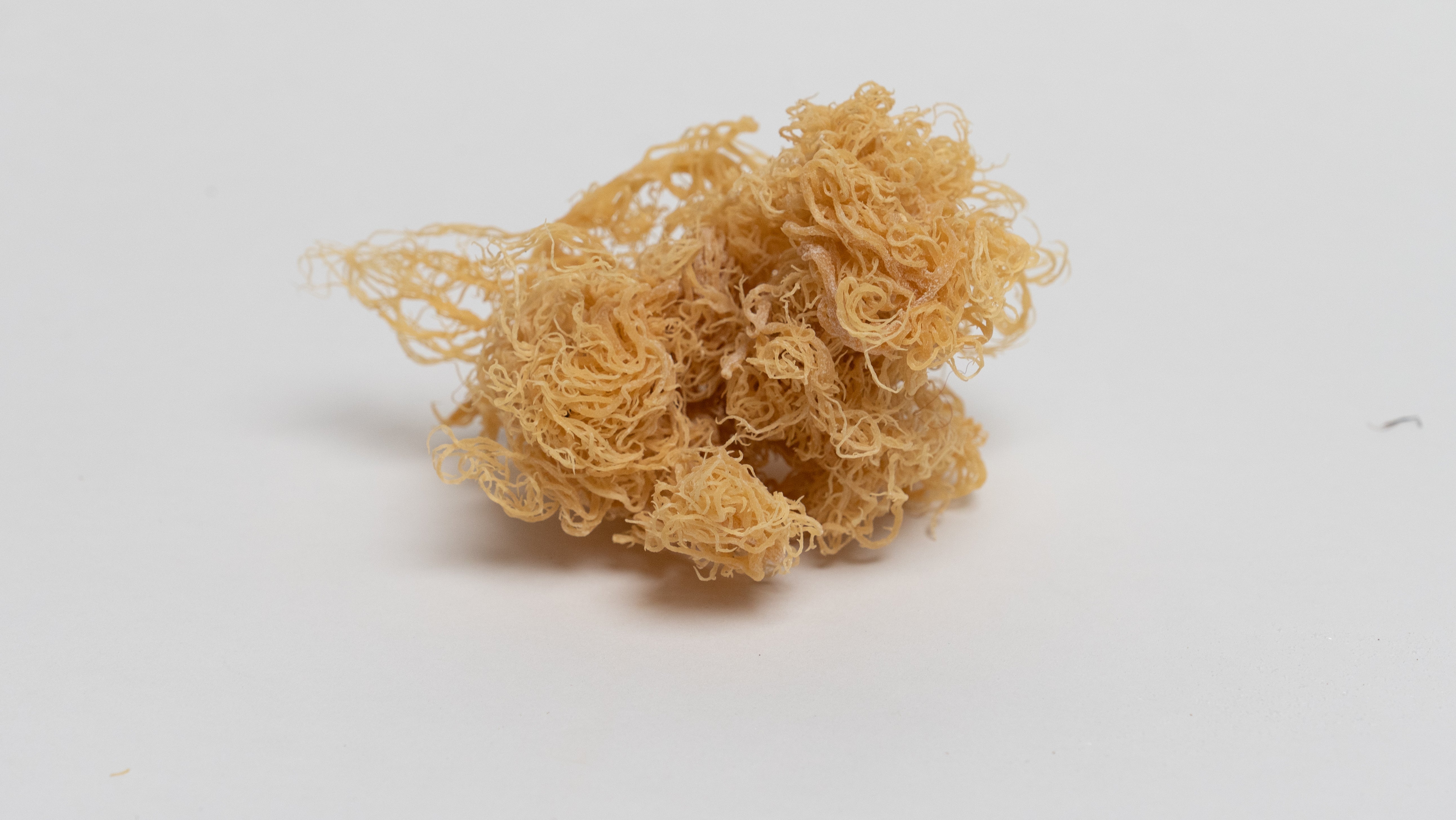
Understanding Sea Moss Allergy—What You Need to Know
Sea moss is a type of seaweed that can be found worldwide, usually growing in shallow waters, usually with a sandy or muddy, rocky seabed.
The plants that make sea moss live in the sea for a long time and are usually the first plants to grow in a new area. Sea moss is most commonly found growing on the coast of Ireland, where it was discovered and gave the plant its name.
The Benefits of Sea Moss
As a food, sea moss has many uses. After being harvested and dried, sea moss can be used in many different foods and drinks and is generally known as a healthy alternative to other foods, such as seaweed. Sea moss is known to have many nutritional benefits. It contains a lot of fiber and protein and is rich in iodine, making it an excellent addition to your diet.
However, it's not exactly good for everyone. Let's discuss further.
Can You Be Allergic to Sea Moss?
Sea moss, like any food, can cause allergic reactions that range from mild to severe. However, reactions are very rare. Severe symptoms include hives and anaphylaxis. Anaphylaxis can be life-threatening if not treated immediately and can even be fatal. People allergic to sea moss usually show signs about an hour after consuming sea moss, and the allergic reaction can last for up to 48 hours.
The body's immune system sees sea moss as an invader and creates an immune response. The immune system reacts by calling in white blood cells, which usually attack and fight off the invader. In this case, the white blood cells attack the sea moss, causing swelling and inflammation, signs of an allergic reaction.
There is no cure for a sea moss allergy. The only way to prevent an allergic reaction is to avoid sea moss.
What are the Symptoms of a Sea Moss Allergy?
Seaweed allergies are common. Seaweed itself isn't allergenic, but rather, the spores attached to it are.
The symptoms of sea moss allergy are very rare and can range from mild to severe. The most common symptoms include:
- Rashes
- Swelling
- Hives
- Itching
- Sneezing
- Trouble breathing
If you are allergic to sea moss, you must be careful when consuming sea moss for food and when consuming products that contain sea moss additives.
How to Know if You're Allergic to Sea Moss
Sea Moss can be found growing in varying seasons. The primary way to tell if you're allergic to sea moss is to test it out. Sea Moss allergy testing is usually done through a patch test. A patch test is when a small amount of the potential allergen is placed onto your skin through a patch.
The patch remains on your skin for a certain amount of time, usually 48 hours. If you develop a severe allergic reaction, you are likely allergic to the substance.
If you want to test for a sea moss allergy, you should contact an allergist, who will advise you on the safest way to do an allergy test. An allergist can provide you with samples of sea moss and help you determine if you have an allergy or not.
The Bottom Line
So, can you be allergic to sea moss? Yes, you can. However, if you don't consume sea moss, you won't usually have to worry about eating it and reacting. If you are concerned, you may be allergic to sea moss. You should consult your doctor.
Plant Based Jeff is the top sea moss provider and plant-based transition coach. A one-stop-shop for all-natural products such as Wildcrafted sea moss, sea moss capsules, e-books, and courses. If you are looking for the best sea moss to buy, you’re in the right place. Get 15% off your purchase when you sign up up for text alerts HERE.



Leave a comment
This site is protected by hCaptcha and the hCaptcha Privacy Policy and Terms of Service apply.